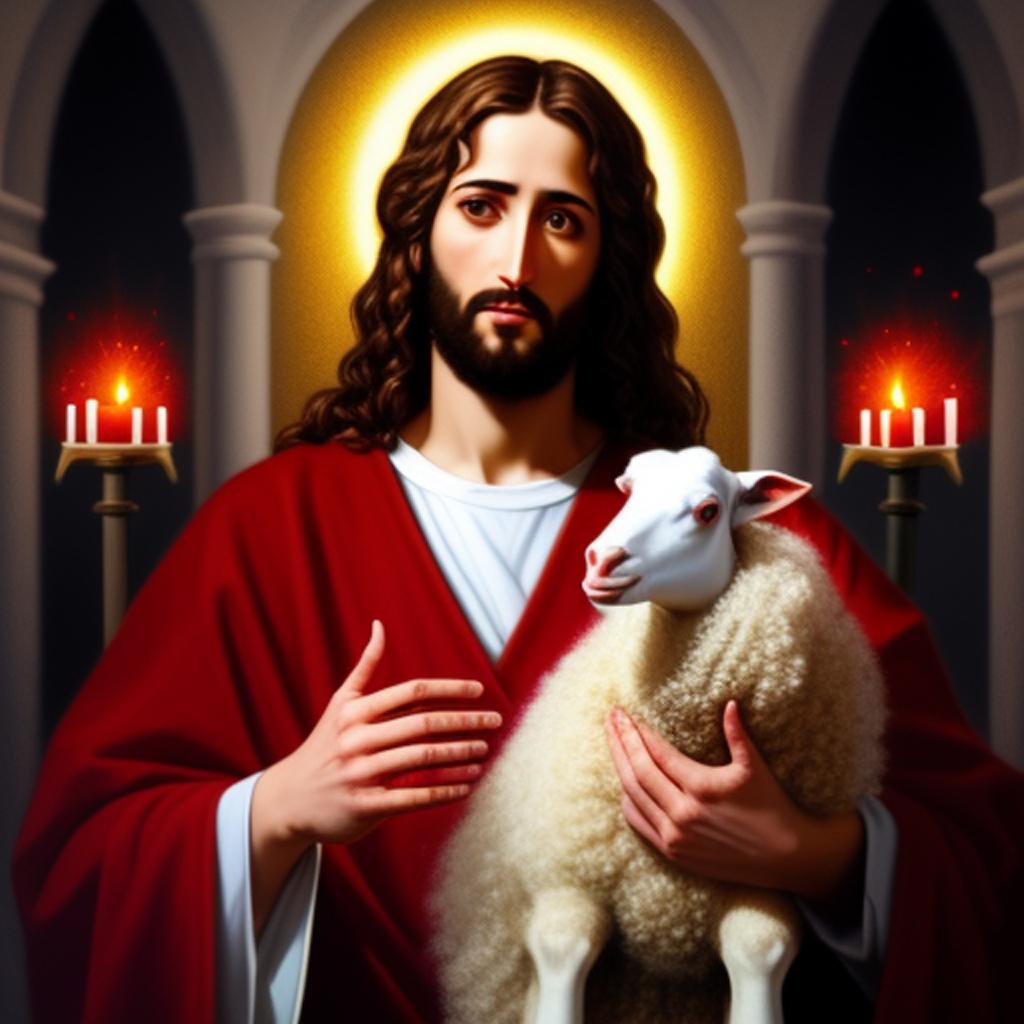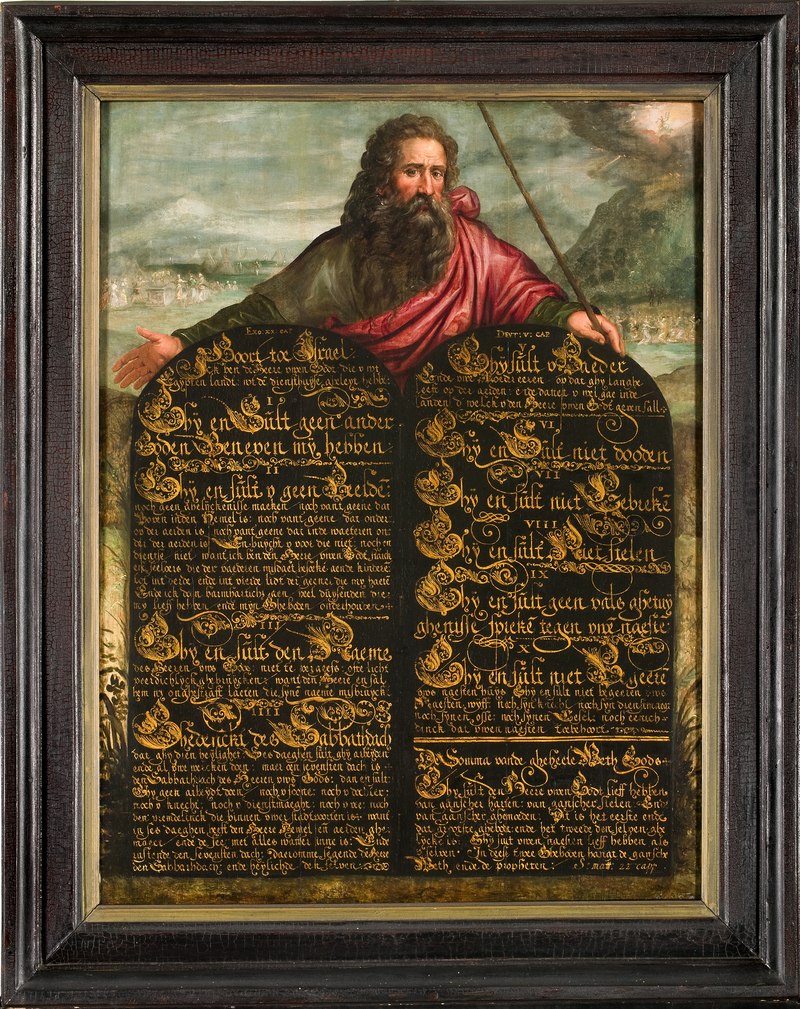Symbolic Meanings in Leviticus 11
The clean and unclean animals mentioned in Leviticus 11 hold symbolic meanings that point to Jesus. Clean animals often symbolize purity and holiness, representing Jesus’ sinless nature. These animals serve as a visual representation of Jesus’ perfect and blameless character. For example, the lamb, which is considered a clean animal, symbolizes Jesus as the sacrificial Lamb of God who takes away the sins of the world. The lamb’s innocence and purity reflect Jesus’ sinless nature and His willingness to offer Himself as a sacrifice for humanity.
On the other hand, unclean animals symbolize impurity and sin. They highlight humanity’s need for redemption and forgiveness. The fact that certain animals were considered unclean serves as a reminder of the fallen state of humanity and our constant need for a Savior. For instance, the pig, which is considered an unclean animal, symbolizes sin and the need for repentance. The pig was seen as an unclean animal because it did not have split hooves and did not chew the cud, which were the criteria for clean animals. This symbolism emphasizes the need for repentance and turning away from sinful behaviors.
The distinction between clean and unclean animals also signifies the separation between God’s chosen people and the world. By adhering to the dietary laws, the Israelites were reminded of their unique identity as the people of God and their call to live differently from the surrounding nations. This separation was meant to reflect the spiritual separation between believers and the sinful world. The dietary laws served as a reminder that believers are called to be set apart and live according to God’s standards, even in the midst of a corrupt and sinful world.
Overall, the symbolic meanings in Leviticus 11 point to Jesus’ role as the ultimate sacrifice for sin and the need for spiritual cleanliness. They remind us of our dependence on Jesus for salvation and the importance of living a life of purity and holiness. The clean and unclean animals mentioned in Leviticus 11 serve as powerful visual symbols that help us understand the redemptive work of Christ and our call to live in obedience to God’s commands.
Gospel Implications of Leviticus 11
The dietary laws in Leviticus 11 have gospel implications for Christians. In the New Testament, Jesus declared all foods clean, signifying the abolition of ceremonial dietary restrictions. This declaration was made to emphasize that salvation is based on faith in Jesus rather than adherence to specific rituals or dietary laws. As the Son of God, Jesus had the authority to declare all foods clean and to redefine the parameters of holiness and purity.
The gospel implications of Leviticus 11 highlight the transformative power of Jesus’ sacrifice. Through His death and resurrection, Jesus fulfilled the requirements of the law and made a way for all people to be reconciled with God. This means that believers are no longer bound by the dietary laws of the Old Testament. The apostle Paul, in his letter to the Romans, states that all food is clean and that the kingdom of God is not a matter of eating or drinking but of righteousness, peace, and joy in the Holy Spirit.
However, while Christians are not required to follow the specific dietary laws outlined in Leviticus 11, they are encouraged to exercise their freedom responsibly. The principles behind the dietary laws, such as purity, obedience, and separation from sin, are still relevant and can be applied in the context of Christian living. Christians are called to live lives that are pleasing to God, avoiding practices and behaviors that are contrary to His Word. This includes being mindful of what we consume, not only in terms of food but also in terms of media, entertainment, and influences.
The dietary laws also highlight the importance of love for God and love for others. Christians should make choices regarding food that honor God and promote love and unity among fellow believers. This means being considerate of others’ convictions and being willing to sacrifice personal preferences for the sake of love and unity. The apostle Paul addresses this in his letter to the Corinthians, urging them to be mindful of the impact their choices have on others and to prioritize love and edification over personal rights and freedoms.
In conclusion, the gospel implications of Leviticus 11 remind us that salvation is not based on adherence to dietary laws but on faith in Jesus Christ. Christians have the freedom to eat or not eat certain foods, but they should do so with thanksgiving and for the glory of God. The principles of purity, obedience, and love for God and others are still applicable and should guide the choices we make in our daily lives. The gospel implications of Leviticus 11 call us to live in the freedom of Christ and to use that freedom responsibly, always seeking to honor God and love others.
#Leviticus11 #symbolicmeanings #cleananduncleananimals #Jesussymbolism #sinlessnature #sacrificialLambofGod #impurityandsin #redemption #repentance #dietarylaws #separationfromtheworld #spiritualcleanliness #uniqueidentity #setapart #obediencetoGod #gospelimplications #ceremonialdietaryrestrictions #transformativepower #faithinJesus #righteousness #peace #joyintheHolySpirit #Christianliving #loveforGod #loveforothers #unityamongbelievers #personalpreferences #freedominChrist #purity #obedience #thanksgiving #gloryofGod



